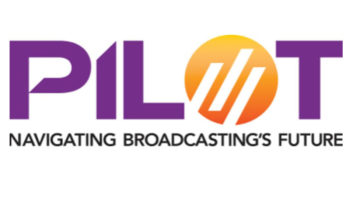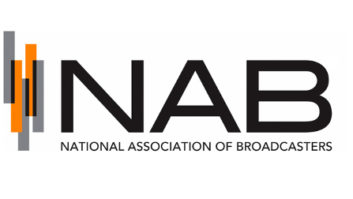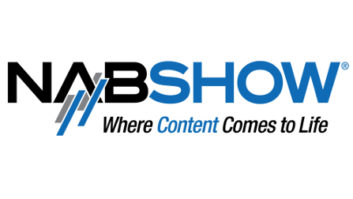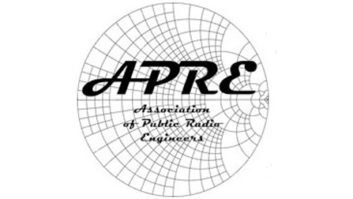Overall, the NAB supports regulatory parity between video and audio providers if the FCC extends the online public file requirements to broadcast radio, satellite radio, cable and satellite TV providers.
The broadcast lobby “appreciates” that the commission took into account the “diverse nature, size and staffing of radio stations,” previously raised in the proceeding it says in public comment filed today with the FCC in the Notice of Proposed Rulemaking; the NPRM followed an earlier Public Notice from last summer.
In 2012, the commission adopted online public file rules for broadcast television stations that required them to post public file documents to a central, FCC-hosted online database rather than maintaining the files locally at their main studios. Now that television broadcasters have completed their transition to the online file, the commission wants to expand that requirement to other media categories.
The goal is improved public access to public inspection files and especially political advertising documents.
We reported that many radio stations told the FCC that hardly anyone ever walks into a station asking to see the public file. Most stations said that ultimately, placing documents online benefits only national advocacy groups that seek to more easily pressure stations at license renewal time.
Noncommercial stations asked to be exempt from the online requirement in order to protect donor information and told the commission that their political public files don’t contain information about political ad spending or ad rates. NAB agrees, asking the commission to exempt NCEs and commercial stations with five or fewer full-time employees.
The broadcast lobby agrees with the FCC that it’s in the public interest if the transition begins with radio stations in the top 50 markets that have five or more full-time employees. It’s proposing these stations be given six months to upload their existing public file documents and phased-in later for stations outside those markets and that have fewer employees.
Consistent with the TV online public file rules, NAB agrees with the proposal for letters and emails from the public to be exempt from a station’s online public file and only require new documents to be uploaded, so a radio station isn’t burdened with uploading all political file materials in their existing public files.
NAB also offered proposals to ease congestion on the FCC’s public filing system, reduce what NAB characterizes as an “unequal” burden on AM stations in the uploading of contour maps and ensure compatibility between the commission’s online public file database and third-party Web hosting companies.
Now is a good time for the FCC to update its database with regard to contour mapping. “We note that FCC Form 302-AM, Application for AM Broadcast Station License, is available for paper filing only, unlike the application for FM station licenses (Form 302-FM), which must be filed electronically,” NAB tells the agency. “Modernizing the FCC’s mapping capabilities should enable the FCC to update Form 302-AM to allow electronic filing, thereby ensuring that additional information can be located on the commission’s website and permitting the commission to port over AM stations’ contour maps from its database to stations’ online public files, as it already is able for FM and TV stations. In the interim, we propose that AM stations in the top 50 rated markets upload their contour maps on a voluntary basis.”
Staggering filing windows for radio and TV stations would help reduce strain on the agency’s IT infrastructure, especially during high-volume filing periods, according to NAB. “Having 17,648 broadcast entities upload documents on the same days would likely severely constrain the commission’s online public file database on those filing dates, especially during busy election seasons.”
The trade group notes that when the system is congested, uploading one PDF file can take “30 minutes to several hours.”
NAB recommends the agency address how the agency’s complaint procedures and enforcement priorities relating to public files should be updated in light of the growth of broadband in a Further Notice. Regarding markets without reliable Internet service, the agency should establish “a clear process” for smaller station to seek waivers.
Comments to the FCC (MB Docket No. 14–127) are due today and replies on April 14.












